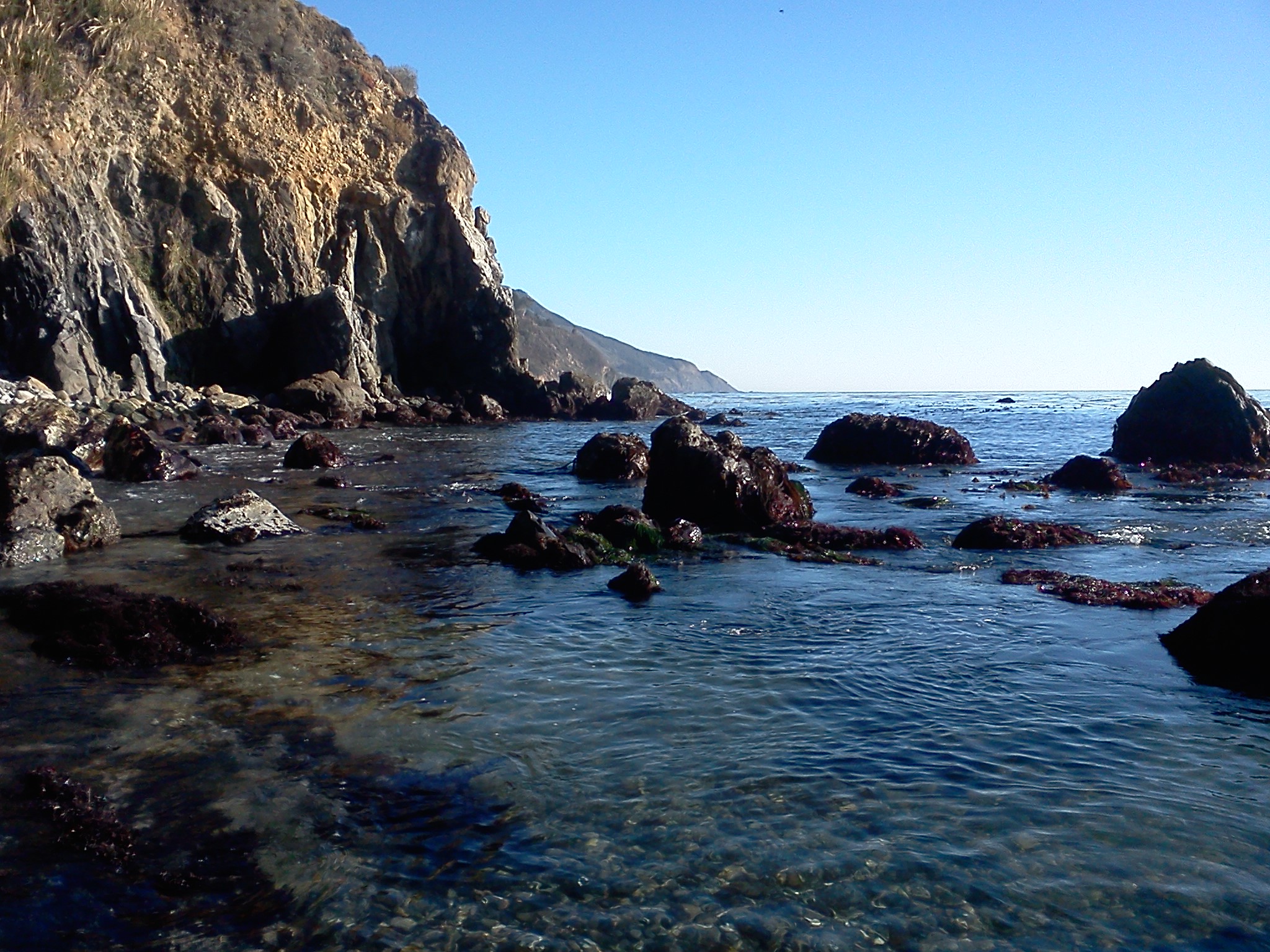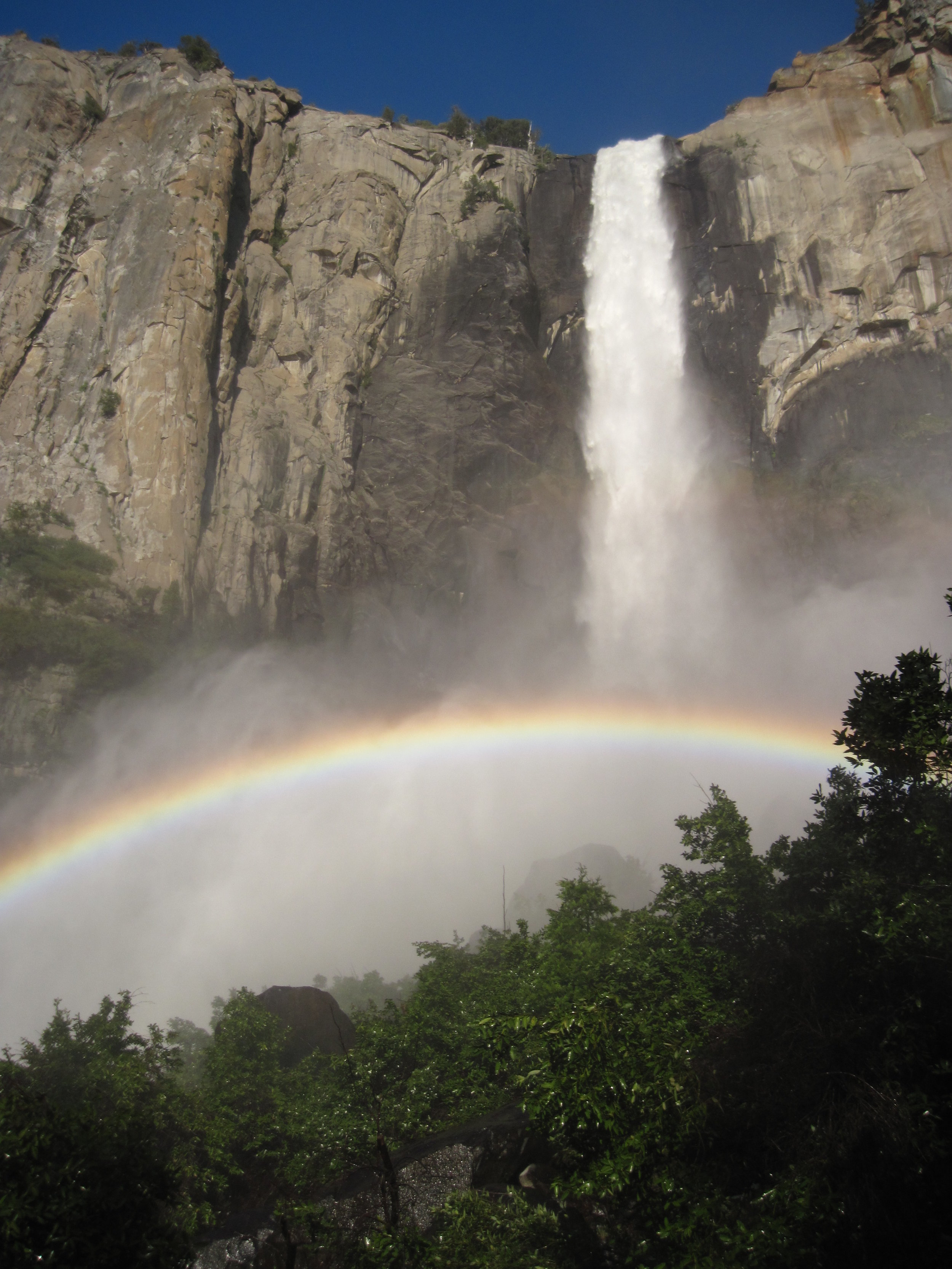What Can Water Teach Us? (Dr. Elizabeth McAnally)
Our theme this month is Water & Worship and we're thrilled to have a little extra help from Dr. Elizabeth McAnally. Elizabeth is newsletter editor and website manager for the Forum on Religion and Ecology at Yale and a recent graduate of the Philosophy, Cosmology, and Consciousness Program at the California Institute of Integral Studies (CIIS). Here she shares a few lessons from her research.
What can water teach us?
Water is very dear to my heart. I have been thinking deeply about water ever since I took a graduate class on the philosophy of water at the University of North Texas with Dr. Irene Klaver. The interdisciplinary approach to studying water that Dr. Klaver’s course exemplified inspired me to write my master’s thesis, “Toward a Philosophy of Water: Politics of the Pollution and Damming along the Ganges River.” In my doctoral studies at the California Institute of Integral Studies, I explored water at the intersection of religion and ecology. This culminated in my dissertation, “Contributions to an Integral Water Ethic: Cultivating Love and Compassion for Water.”
I’m fascinated with water in part because water is everywhere. Water flows throughout our Blue Planet, comprising 71% of Earth’s surface. At the same time, water composes a large percentage of the bodies of Earth’s living beings. All of these beings depend upon life-giving waters to survive. Throughout my years of study and apprenticeship to water, one of the things that has most inspired me about water is that it can be a teacher for how to flow compassionately in one’s life and nourish others in one’s activities through this attuned flow. By considering water as a teacher, I have found great comfort, for my teacher is present with me all the time, anywhere I look, because water pervades all things. We can continually learn from water. We just have to ask water what it wants to teach us. The answers we may receive are boundless.
One of my personal spiritual practices is a blend of taiji (tai chi) and qigong, Chinese martial and healing arts that involve working with the vital energy of the body, mind, and cosmos through slow, meditative movements. Throughout my twelve years of practice, I’ve become aware that taiji and qigong teach me how to flow like water and notice the flows of energy present throughout my body and the world. I especially enjoy practicing near bodies of water, because I can more vividly include water in my meditations and move my body like water under its guidance. Embodying the flows of water through such imaginative imitation is very inspiring and instructive for me, physically, emotionally, cognitively, and spiritually. Through their wise movements, taiji and qigong practices can provide a vivid, bodily-felt sense that all things are composed of qi (chi), energy or life force. Humans and the world are intimately interrelated with this cosmic stuff of life. And that, to me, feels profoundly confirmed by water. Because water flows within our bodies and throughout the world, there can be no rigid distinction between self and other. This kind of reciprocity—the reciprocal relationship between the elements in the body and the elements in the world—this is what taiji and qigong can teach and also what water can teach.
What else can water teach us as it flows everywhere and nourishes living beings? One of the critical lessons I have learned through studying water is that we have an urgent responsibility to ensure that all beings (humans, animals, plants, and ecosystems) have the water they need to survive and flourish. Water is life, and because all beings depend on water, water should be given freely to all. This means that in addition to our individual practices of cultivating water consciousness, we must stand up with our communities against private water companies that drain aquifers to bottle life-giving water and ship it around the planet for profit. This means standing up against those who compromise the health and integrity of ecosystems by spilling or dumping industrial waste, oil, plastic debris, or other pollution into waterways. This means standing up against the fossil fuel industry that emits carbon dioxide into the atmosphere and, in doing so, severely alters the hydrological cycle, creating planetary disturbances of weather patterns, floods, and droughts.
By flowing through all things, water teaches us to have a more intimate relationship with water itself, which in turn vitally establishes water in our consciousness and conscience throughout the day and throughout our lives. This kind of personal intimacy with water can be transformative on a global scale. It can help shift the dominant worldview so that instead of seeing water as a mere commodity, resource, and sewer, we can learn to see water as a sacred source of life, an integral part of our Earth community who has intrinsic value and who calls for respect, care, and responsible action. Seeing water as a teacher and guide is a practice that I aspire to on an ongoing basis. I’m very grateful to water for continually teaching me how to flow freely for the benefit of all beings.
###
Photo credit: Elizabeh McAnally
Elizabeth McAnally has taught on philosophy, religion, and environmental ethics at Pacifica Graduate Institute, University of North Texas, Diablo Valley College, and University of San Francisco. She practices yoga and Chinese internal arts (taiji, qigong, bagua, xingyi, and yiquan), and teaches Integral Taiji and Qigong. Elizabeth is also an avid musician who has been singing since early childhood and playing the flute for over 25 years. We thank Elizabeth for collaborating on this issue of AllCreation and helping us make several new connections this month.










